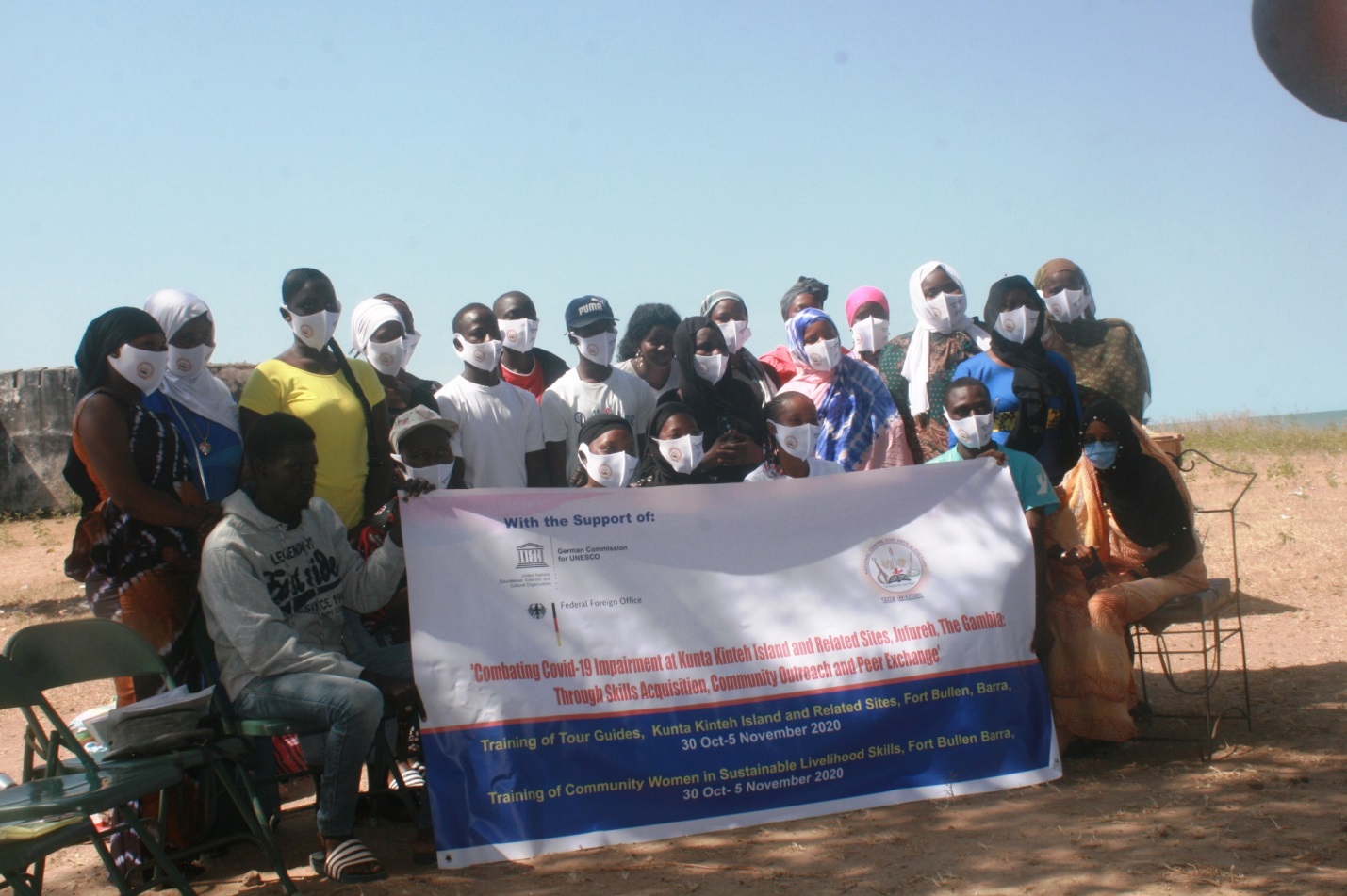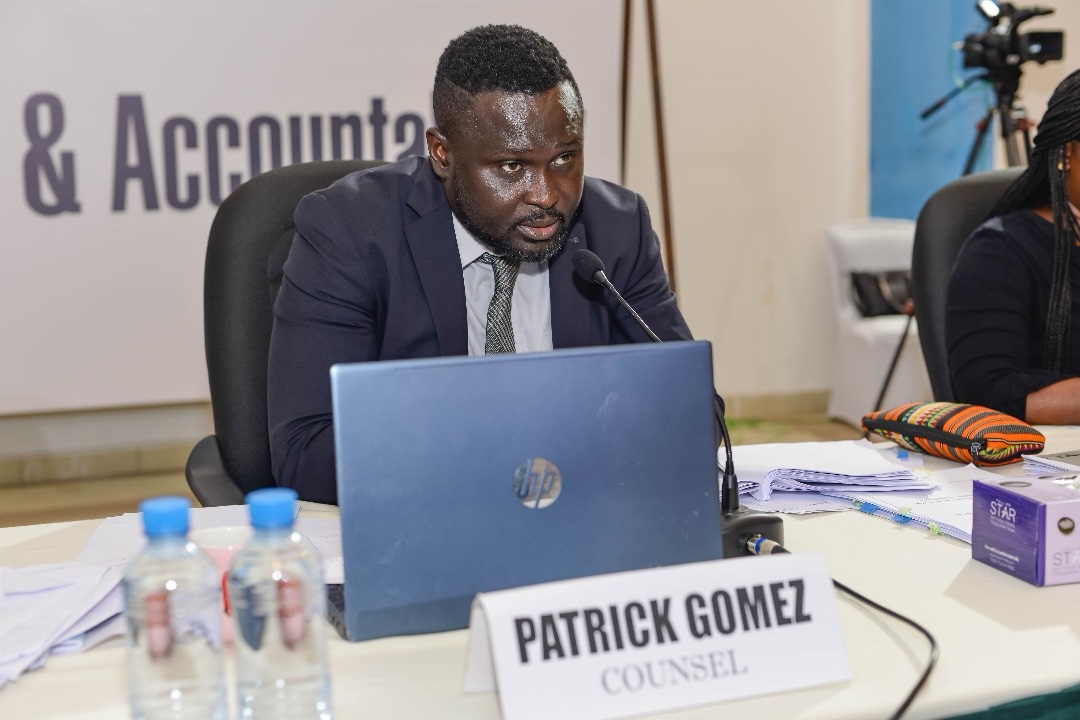By Aminata Sanneh
Information Officer, MOTWI
The Director of Transport at the Ministry of Transport, Works, and Infrastructure (MoTWI), Sainabou Houma, has reaffirmed the government’s commitment to ensuring that members of the public, including visually impaired persons, have equal access to safe and high-quality roads.
Ms. Houma made this remark, on Tuesday, October 15 2024 during the commemoration of World White Cane Safety Day, held in Brikama and organized by the Gambia Association of Visually Impaired.
The government of The Gambia, she said, “is fully committed to addressing road safety by taking the necessary actions to enhance the safety and mobility of all road users, especially those with visual impairments,” Director Houma stated.
Speaking on this year’s White Cane Safety Day theme – Create Space for White Cane Users, she highlighted the profound significance of the event while underscoring the need for collective responsibility among stakeholders to ensure that road networks and public spaces are accessible, safe, and inclusive for all—especially for those that are visually impaired.

“The White Cane is not merely a tool, but a symbol of independence, mobility, and resilience. It represents the determination of visually impaired individuals to navigate their environments with confidence and dignity. As a society, we must create an environment where this independence can truly flourish,” she emphasized.
Ms. Houma acknowledged that there are works still remains to be done thus challenges still exist in ensuring that road networks are fully accessible despite the progress that has been made to improve accessibility.
while progress has been made in improving accessibility, much work remains to be done, as challenges still exist in ensuring that road networks are fully accessible.
She noted that the Ministry of Transport, Works, and Infrastructure is actively developing policies and regulations to enhance road accessibility and promotion of safety for all users. “We are working closely with relevant authorities to designate safe crossing zones and make public transport more accessible to visually impaired individuals,” she revealed.
“The Ministry believes that accessibility is not a privilege but a fundamental human right. We are determined to turn this vision into reality,” Ms. Houma affirmed while underscoring the government’s commitment to inclusivity as outlined in Pillar 6 of the Recovery-Focused National Development Plan (RF-NDP), which focuses on Empowerment, Social Inclusion, and Leaving No One Behind.

The Chairperson of the Gambia Organisation for the Visually Impaired (GOVI) also spoke at the event, highlighting the importance of access to technology, infrastructure, and good road networks as fundamental components of human rights and development.
The Chairperson, therefore, urged the Ministry of Transport to sensitize commercial vehicle drivers to be mindful of visually impaired pedestrians and also appealed to the public to assist White Cane users by guiding them on the road.
The event was attended by the Deputy Governor of West Coast Region, the Deputy Chairman of Brikama Area Council, representatives from the Ministry of Gender, and members of GOVI, among others.





